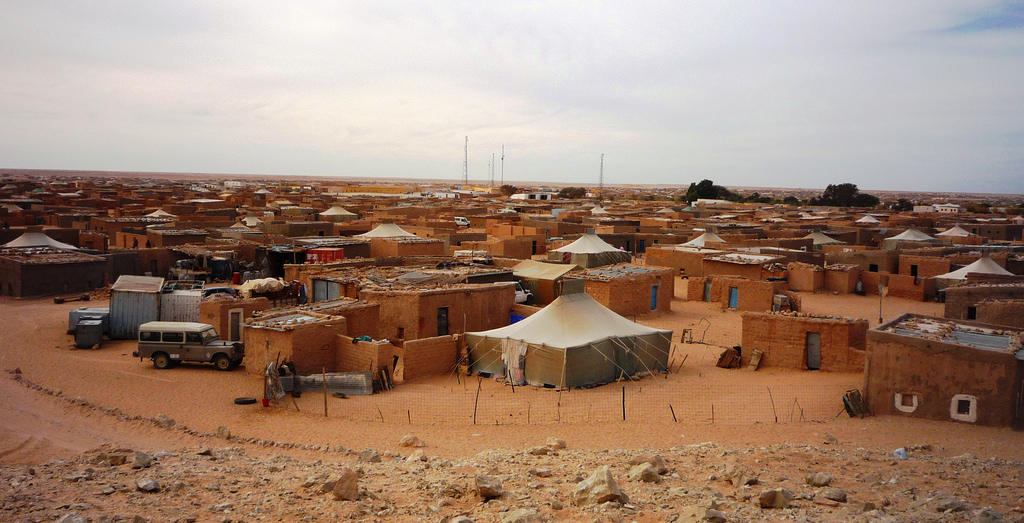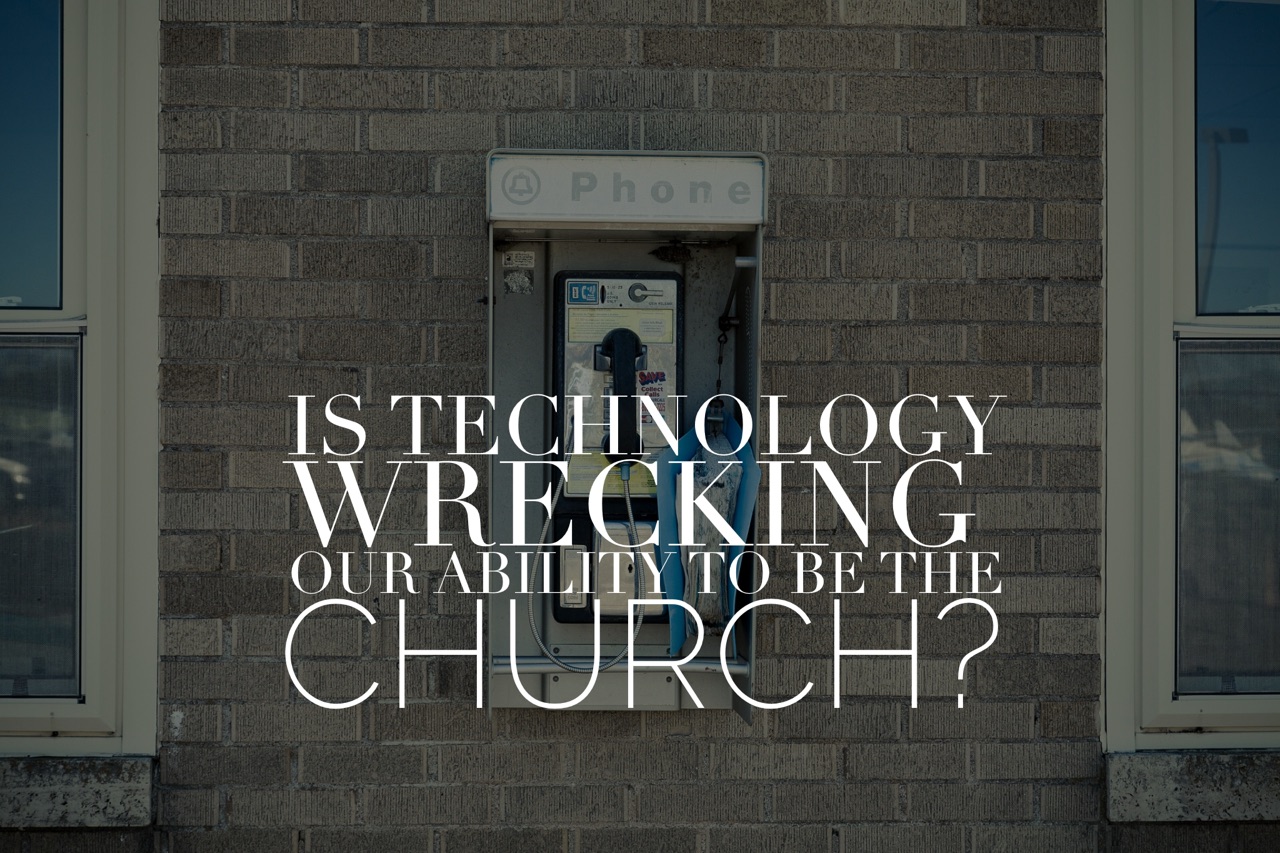
The air still seems thick with grief and overwhelm after the recent attacks in Paris and Beirut. The response by approximately 30 governors in the United States to refuse Syrian refugees immediately took the thick air out of the room.
I like to stay out of politics in general, and especially on social media. But I couldn’t help myself when Greg Abbott, Governor of Texas, and a literal neighbor here in Austin, was one of the first to try to shut the door.
Don’t be surprised when people don’t want immigrants around. Scapegoating a few people who look and sound different…
Posted by Chris Morton on Monday, November 16, 2015
While I stand behind my post, I need to add that it’s a lot more complicated than just accepting or not accepting refugees. And, I don’t necessarily blame the politicians. To explain that, I’ll have to go back a bit.
Osama Bin Ladin Changed My Life
When I try to make sense of my personal history, I like to say that Osama Bin Laden made me an Anabaptist. In short, I lost my stomach, when, after 9/11, so many Christians were quick to rush to war. I’ll never forget the two story tall American flag that took over the back wall of the stage where my small Christian University conducted daily chapel. I knew something was wrong.
I found some theological and political coherence as I began to read Stanley Hauerwas, J.H. Yoder and their mainstream theological children, Greg Boyd and Brian Zahnd. They introduced me to the countercultural peace tradition of the Mennonites, Amish and much of the pre-Constintinian Church.
As Hauerwas and Willimon say in Resident Aliens:
“The most creative social strategy we have to offer is the church. Here we show the world a manner of life the world can never achieve through social coercion or governmental action. We serve the world by showing it something that it is not, namely, a place where God is forming a family out of strangers.”
About a year or so ago, I saw David Fitch claim on Facebook that he was expecting the majority of the church to increasingly embrace the Peace Tradition in the coming years. I want it to be so, but I had trouble sharing Fitch’s optimism.
It’s easy to embrace the idea of a non-violent church. There’s a lot of us who responded to the Bush wars by saying “I’m a pacifist.”
That was before ISIS.
Before the greatest migrant crisis of all time.
Give Peace a Chance?
On social media it seems easy. “How dare those governor’s deny refugees because of a few bad apples!” But we know it’s not that simple. Another Paris or 9/11 seems imminent. I pity the governor who will have to say to their constituents “They came in on my watch.”
With ISIS seemingly so far away from our everyday life, it’s easy to hum the old hippy song “Give peace a chance.” At least, it was easy before Paris.
What the church needs is a well articulated Missional-Neo-Anabaptist response—not just to the current crisis but to power structures in general—that answers our current crises with tangible hope for the future. How can we get there?
Hopefully, four questions will help.
Four Questions
Who is my neighbor?
The first question is Jesus’s question. It’s easy, on the internet, to say “Refugees are my neighbor!” And it’s true.
Don’t forget though: “love your enemies and pray for those who persecute you.” Or how about Paul? “I urge, then, first of all, that petitions, prayers, intercession and thanksgiving be made for all people— for kings and all those in authority.”
Who is my neighbor? The Syrian children, Jihadi John and the 30 governors.
“You don’t get to pick your neighbors,” Jesus might say.
Have we already cared for the widow and orphan in our midst?
Here’s the thing: If a Syrian refugee family got dropped off at your church, would you know what to do with them? Would you be ready to find them a place to live, a job, ESL classes, daycare and a car?
Now, how many refugees already live in your city? How many people in your church community could use some help…but maybe you’ve never asked?
This is where Christians need to be careful. It’s easy to get mad at the Governors refusing refugees, when, honestly, we might not know what to do with them if they came.
What methods does the church use to stand offer a contrast to the state, violent organizations and overpowering corporations?
According to Shane Blackshear, complaining about Governors who won’t accept refugees has something in common with complaining about the cups at Starbucks.
I probably need to clear something up. I am not shocked, or really even disappointed, that a politician chose to deny…
Posted by Shane Blackshear on Tuesday, November 17, 2015
It’s not the job of corporations to promotes the values we like. It’s not the job of the State care for widow and orphan.
The job of the Church is to offer a tangible alternative that critiques their inability to solve the problems of the world—thereby, pointing people to Jesus. Or, as Hauerwas says:
“The way for the world to know that it needs redeeming, that it is broken and fallen, is for the church to enable the world to strike hard against an alternative to what the world offers.”
Who will go?
So how, then, do we help refugees? How do we defeat ISIS?
Brian Zahnd is fond of saying:
“As Christians we persuade by love, witness, Spirit, reason, rhetoric, and if need be, martyrdom, but never by force.”
The answer is, in the Jesus-like-posture Zahnd is describing to announce:
“Here am I, send me.”
What we as Christians believe, more than anything else, is that Jesus’ way is better. We believe there is new life in Jesus. We believe that anyone, no matter what they’ve done, can claim that new life.
We also believe that Jesus, seeing our plight, came to us.
The Jesus way to care for refugees? To have be a local church community that can truly welcome them.
The Jesus way to defeat ISIS? Convert them.














 Tweets
Tweets